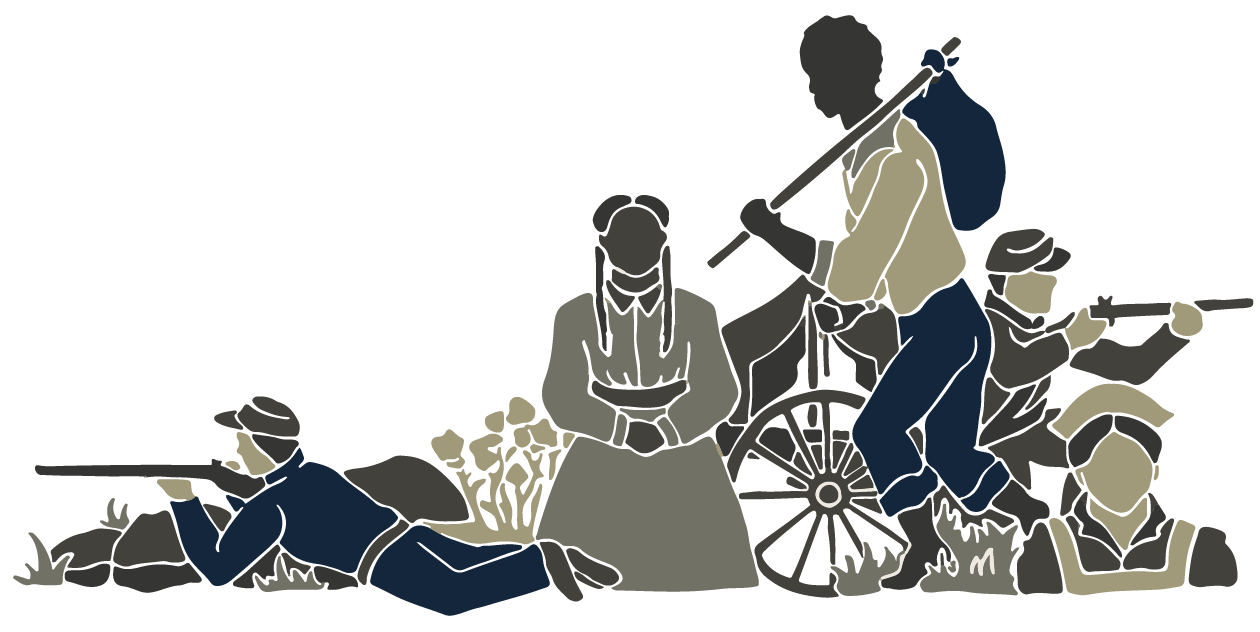By Matthew Niblock

Virginia Tech Special Collections
Foreign affairs of the Civil War, more often than not, get overlooked when talking about the weaknesses of the Confederacy. Due to the war being a domestic affair and never attracting foreign intervention there is little draw for most people to this side of the war. It is unfortunate that so little is commonly known about this aspect of the Civil War because there are many lessons we all can learn from Civil War diplomacy.

Wikimedia Commons
Confederate Foreign Policy is Born
In 1861, Jefferson Davis became the first President of the Confederate States of America. Almost immediately he appointed William Yancey, Pierre Rost, and A. Dudley Mann as his diplomats. Their main targets for alliances were England, France, Belgium and Russia due to either to their power in the world or their geographic location, or both.
After being appointed to their roles, the Confederate Secretary of State, Robert Toombs, instructed them regarding their assignments with the foreign powers. They were to portray the Confederacy as a victim of northern aggression and greed, without getting into the minutiae of secession.
“The South sent her agents to foreign ports to solicit intervention and recognition…” As John Henning Woods reported, in 1862 the Confederacy’s diplomats and foreign policy was in full swing, and was already having troubles. Yancey reported back to the Confederacy, frustrated with how his efforts were going. Yancey was having a difficult time getting the opportunity to pitch the South to foreign leaders, let alone have them sympathize with him and join the cause; his fiery personality did not help. Dudley Mann was not having much more success than Yancey; he too could not get meetings with any royalty or officials. The Confederacy’s diplomatic woes began early.
Recognition and Support?
By 1863 the Civil War was well underway with several of the best known battles having already taken place. The Confederacy was scrambling to find an upper hand after taking massive casualties in Antietam. The Confederacy sought an alliance with Belgium during this time. This rationale behind this move was Belgium’s proximity to Britain, which had remained true to their word and stayed as neutral as possible through the war. If Belgium became an ally it might give enough credit to the Confederacy that Britain would join, creating a domino effect of other nations joining in. Unfortunately for the Confederacy this did not come to fruition. Despite more failures by the diplomats to gain traction, the soldiers were doing their job and enjoyed victories in the latter portion of 1862 that kept the spirits of the Confederacy high.
The Confederates also sought the support of Mexico in 1864. At this point, France was pondering aiding the Confederacy in hopes that an alliance would benefit the Second French Intervention in Mexico. If the Confederacy won the Civil War with French support, it would have put a much stronger barrier between the French in Mexico and the United States.
Game Over
The year 1865 marked the end for the Confederate States of America. Foreign leaders had paid little attention to the Confederate diplomats, the Confederate military had been demolished by the Union forces, and the Confederates were losing hope. Relations with foreign countries such as France deteriorated. There was little left that the diplomats could do to reverse the tide. The infant nation began to dissolve on April 9th, 1865 when Robert E. Lee surrendered at Appomattox Court house in Appomattox, Virginia.
Further Reading:
King Cotton Diplomacy by Frank Lawrence
Secret History of Confederate Diplomacy Abroad by Edwin De Leon
Diplomatic History of the Southern Confederacy by James Morton Callahan
About the Project
This page was created as part of an undergraduate research seminar taught in the Virginia Tech History Department by Professor Paul Quigley in Fall 2017. Views and opinions belong to the student authors.
Return to The John Henning Woods Online Exhibit main page.
